Choosing the Right Asphalt Contractor in Spring Hill, TN: What Homeowners Must Know
Highlights:
- Why licensing and insurance matter when hiring asphalt contractors
- Recommended experienced contractors serving Spring Hill, TN
- How long do asphalt surfaces last under different conditions
- Common homeowner and business owner questions about asphalt paving
- What to expect before, during, and after asphalt installation
- Fun facts and an FAQ to help you make informed decisions
Why Hiring a Licensed & Insured Asphalt Contractor Matters
When planning a new driveway, parking lot, or resurfacing project, one of the most important decisions is selecting a contractor who is both licensed and insured. This ensures that the work will meet state and local standards and that you're protected in case of accidents or property damage. In Spring Hill, TN, asphalt paving is regulated by the Tennessee Department of Commerce & Insurance, meaning contractors should meet minimum qualifications to work legally and safely. If a contractor isn’t licensed, you have limited legal recourse if something goes wrong. Likewise, an uninsured contractor exposes you to financial risk.
How Long Will an Asphalt Surface Last in Tennessee?
One of the most frequently asked questions homeowners have is: “How long will my asphalt surface last?” On average, a well-installed and regularly maintained asphalt driveway can last 15 to 25 years, according to
Concrete Captain. Commercial parking lots or roadways, which handle heavier traffic, may need resurfacing or sealcoating sooner, typically around the 10–15 year mark.
Several factors affect lifespan:
- Quality of installation
- Type of asphalt mix used
- Proper drainage systems
- Frequency of maintenance (like sealcoating every 3–5 years)
In Spring Hill’s climate—with hot summers and occasional winter freezes—thermal expansion and contraction can shorten pavement lifespan if not properly accounted for in installation.
Fun Fact: According to
Interesting Engineering, asphalt is one of the most recycled materials in the U.S.—about 95% of it gets reused in new road construction.
Top Questions to Ask Before Hiring an Asphalt Contractor
Hiring a contractor without asking the right questions is one of the top reasons homeowners feel dissatisfied with paving projects. Asphalt work is more complex than it may seem—success depends on soil conditions, grading, materials, and how well the contractor anticipates long-term wear and tear. That’s why a thorough interview process is essential before signing any contract.
Below are the most critical questions to ask, along with why they matter:
- Are you licensed and insured in Tennessee?
This should be your first and non-negotiable question. Licensing ensures the contractor has met the state’s minimum competency standards and understands local regulations. In Tennessee, asphalt contractors must be registered with the Tennessee Department of Commerce & Insurance, especially for projects over a certain dollar amount. Insurance—particularly general liability and workers’ compensation—protects you if a crew member is injured on your property or if your home is accidentally damaged. Without it, you could be financially liable for medical bills or repair costs. One business that proudly presents they’re licensed and insured is Advance Paving Co. INC.
- Can you provide a detailed estimate in writing?
A verbal estimate isn’t enough. A clear, written estimate should break down the cost of materials, labor, equipment, base preparation, drainage work, and optional services like sealcoating or striping. It should also outline the project timeline and payment schedule. Having everything in writing protects you from surprise charges and makes it easier to compare bids from multiple contractors. Look out for vague language like “as needed” or “to be determined”—it’s better to get specifics upfront.
Bonus: Request that any changes made during the job also be documented in writing.
- What kind of asphalt mix do you use, and why?
Asphalt isn’t one-size-fits-all. There are different types of mixes designed for various uses and climates. For example, polymer-modified asphalt is more flexible and resistant to cracking in regions with freeze-thaw cycles, like Spring Hill, TN. A quality contractor should be able to explain:
- The type of asphalt they’ll use (e.g., hot mix, warm mix, recycled content)
- Why it’s suitable for your driveway or parking lot
- How it performs under seasonal weather extremes
If they can’t clearly explain this, it’s a red flag. The wrong mix could lead to premature failure.
Fun Fact: According to Asphalt Magazine, the U.S. has over 2.7 million miles of paved roads, and about 94 percent of them are surfaced with asphalt.
- What type of warranty or guarantee do you offer?
Warranties vary widely, but they’re important for your peace of mind. A professional contractor, liek Advance Paving Co. INC, should offer at least a 1–2 year warranty on workmanship and materials. Some may provide longer coverage depending on the project scope.
Ask if the warranty includes:
- Repair of cracks or potholes
- Drainage issues
- Premature surface failure
Also, clarify what voids the warranty—for example, not performing regular maintenance or sealcoating. The more clearly this is defined, the easier it will be to hold the contractor accountable if something goes wrong.
- How will you handle drainage or existing damage beneath the surface?
Water is asphalt’s worst enemy. Without proper drainage, even the best asphalt will deteriorate quickly. A good contractor will evaluate the slope of your property and plan for:
- Water runoff direction
- Gutter tie-ins or trench drains
- Base layer depth and compaction to prevent sinking
They should also assess for existing issues, such as soft soil, tree roots, or old concrete beneath the surface. These can create voids or cause shifting if not properly addressed before paving. If a contractor skips over this topic or says “we’ll figure it out as we go,” that’s a red flag. Drainage planning should be baked into the proposal from day one.
What to Expect During the Asphalt Installation Process
Understanding what happens during asphalt installation helps you plan ahead. After selecting a licensed contractor, the process typically involves:
- Site clearing and demolition of old pavement or grass
- Grading and sloping for proper drainage
- Laying a sub-base of crushed stone or gravel
- Application of binder and asphalt layers
- Compaction using heavy rollers
- Final curing and sealcoating (if applicable)
Depending on the size of your project, asphalt installation can take anywhere from 1 to 5 days, with curing time adding a few more days. A good contractor will also advise on how to care for the new surface, such as avoiding sharp turns or parking heavy vehicles for the first week.
How long should I wait to drive on new asphalt?
You should wait at least 24–48 hours before driving on new asphalt. In hot weather, wait up to 72 hours.
How often should asphalt be sealcoated?
Every 3–5 years is ideal to protect against oxidation, water, and UV damage.
Can asphalt be repaired, or does it always need replacement?
Minor cracks and surface damage can be patched or sealcoated, while severe issues may require resurfacing or full replacement.
Pave With Confidence in Spring Hill
Choosing a reliable, licensed, and insured asphalt contractor in Spring Hill, TN, is essential for long-lasting, quality paving. Whether you're a homeowner installing a new driveway or a business owner upgrading a parking lot, experienced contractors like those at Advance Paving Co. INC can deliver results you’ll appreciate for decades. With proper installation, thoughtful maintenance, and occasional resurfacing, your asphalt surface can last up to 25 years, making it one of the most cost-effective and durable options for your property. From site grading to sealcoating, investing in professional services today ensures less hassle and greater curb appeal tomorrow. Ready to pave the way forward? Reach out to a licensed Spring Hill contractor and take the first step toward a smooth, safe, and professionally finished surface.




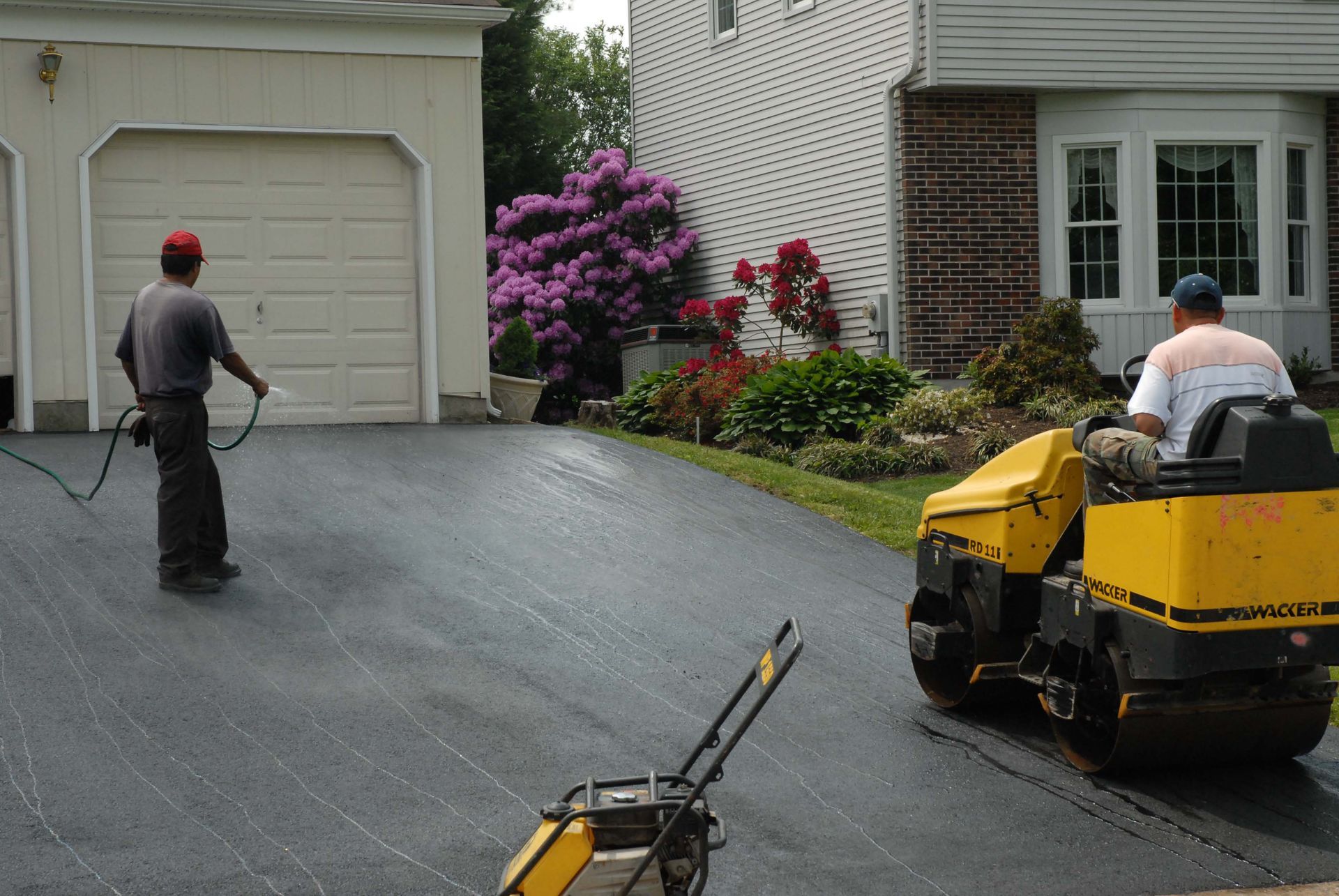

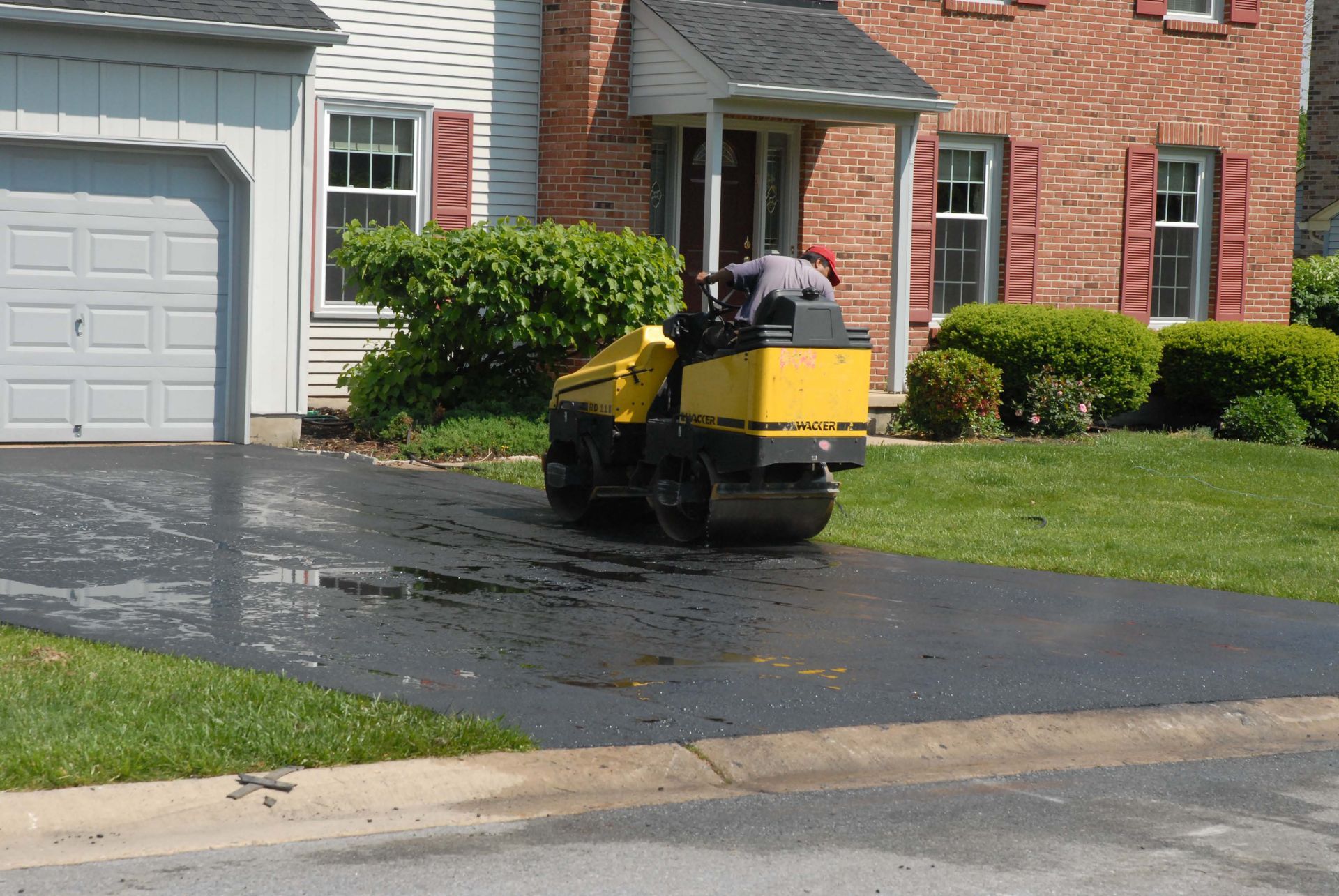
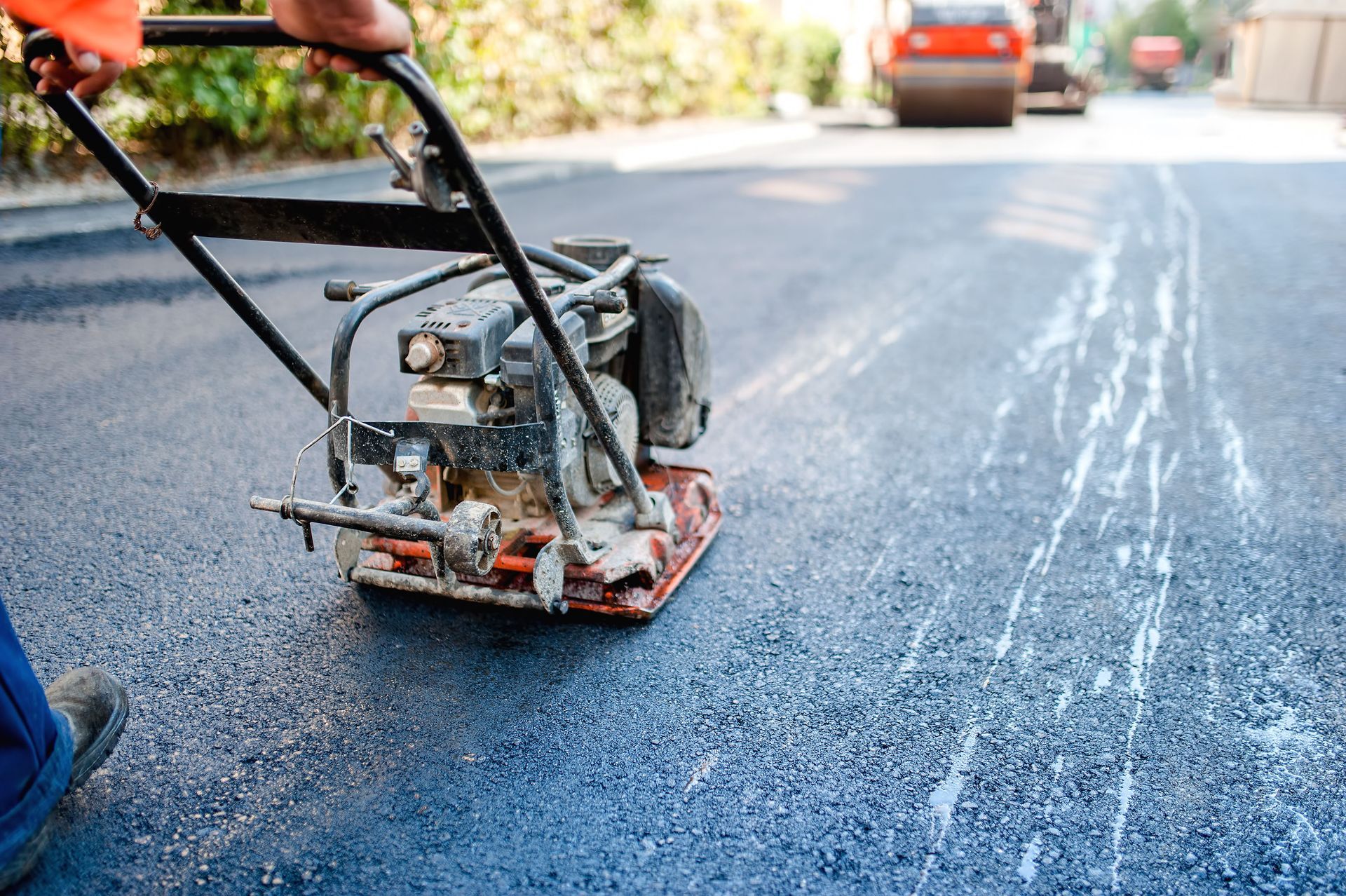
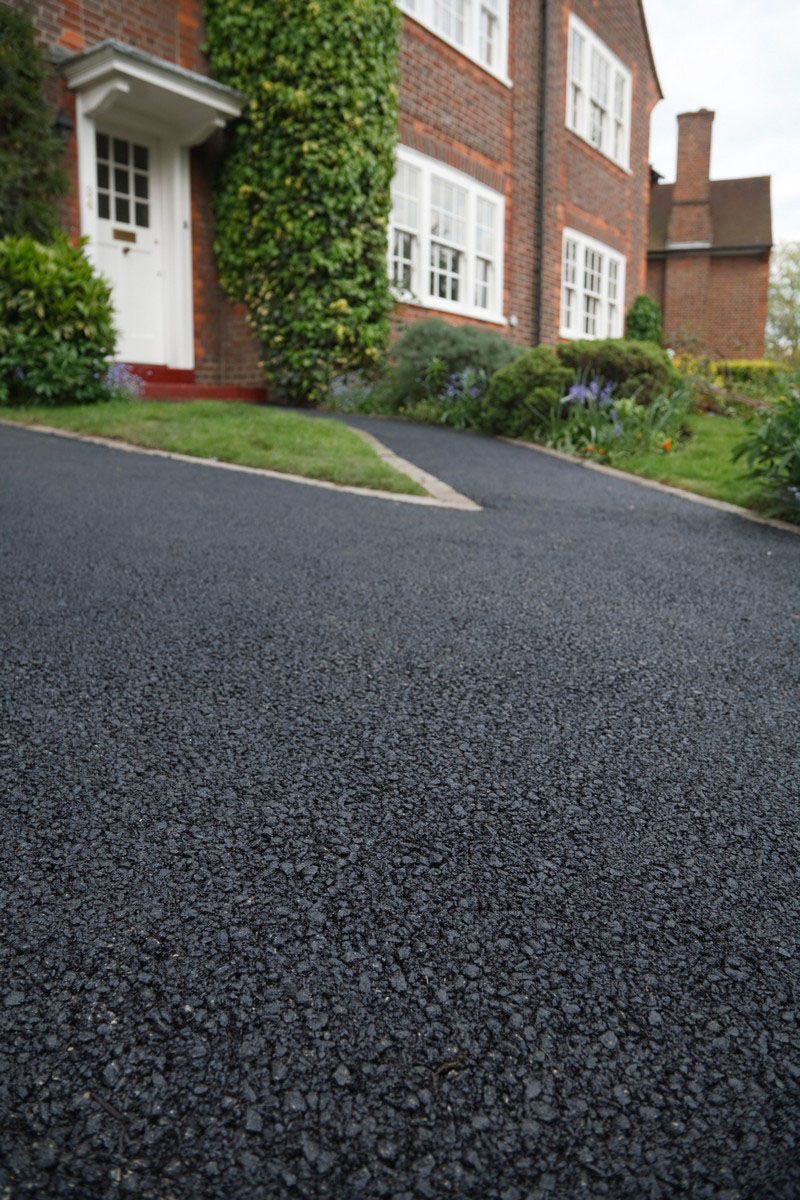
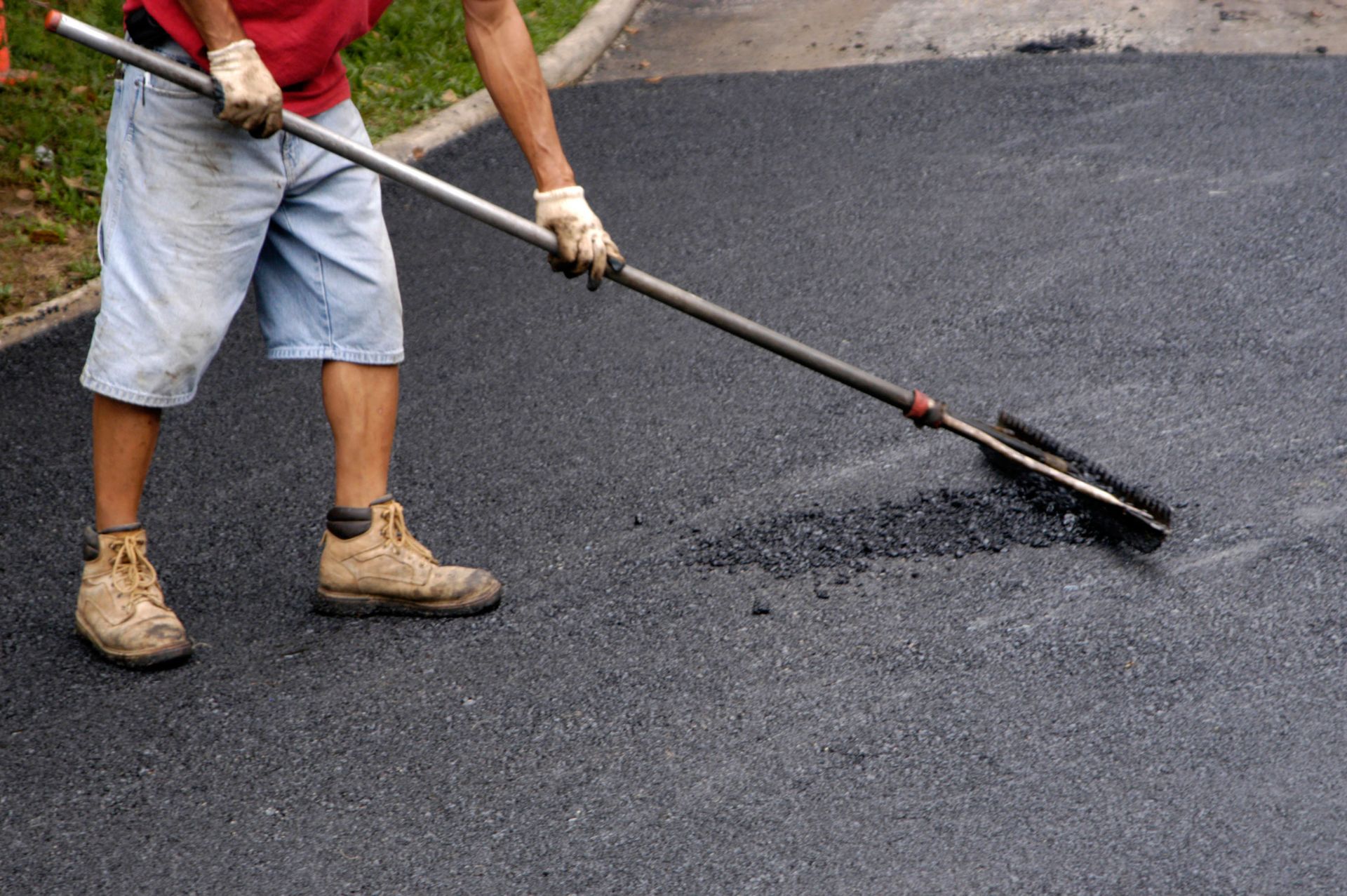
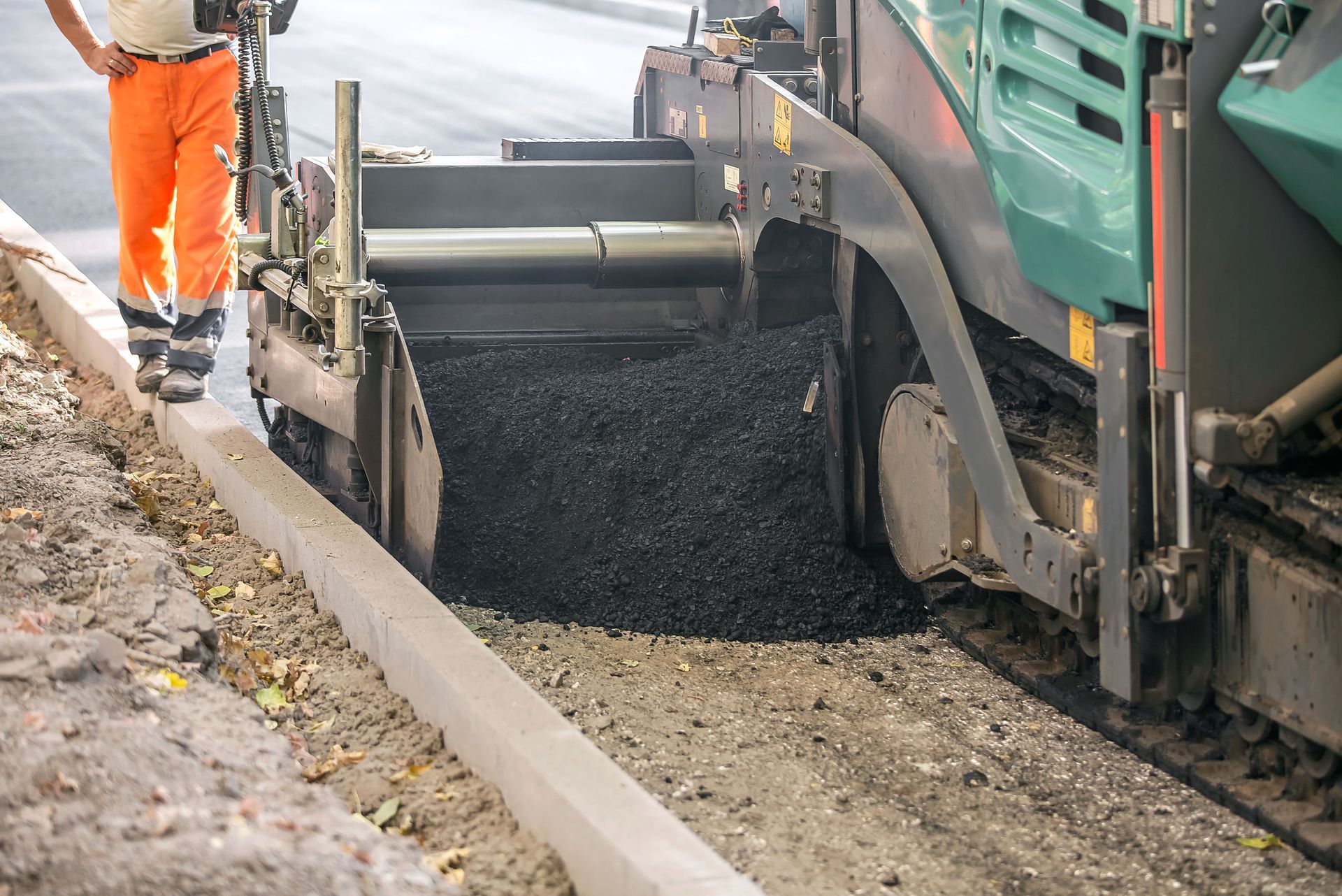
Share On: